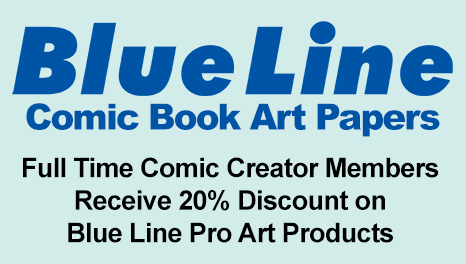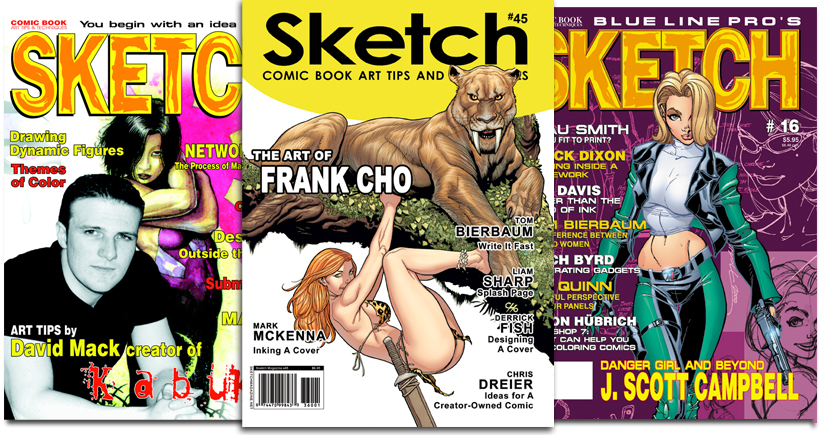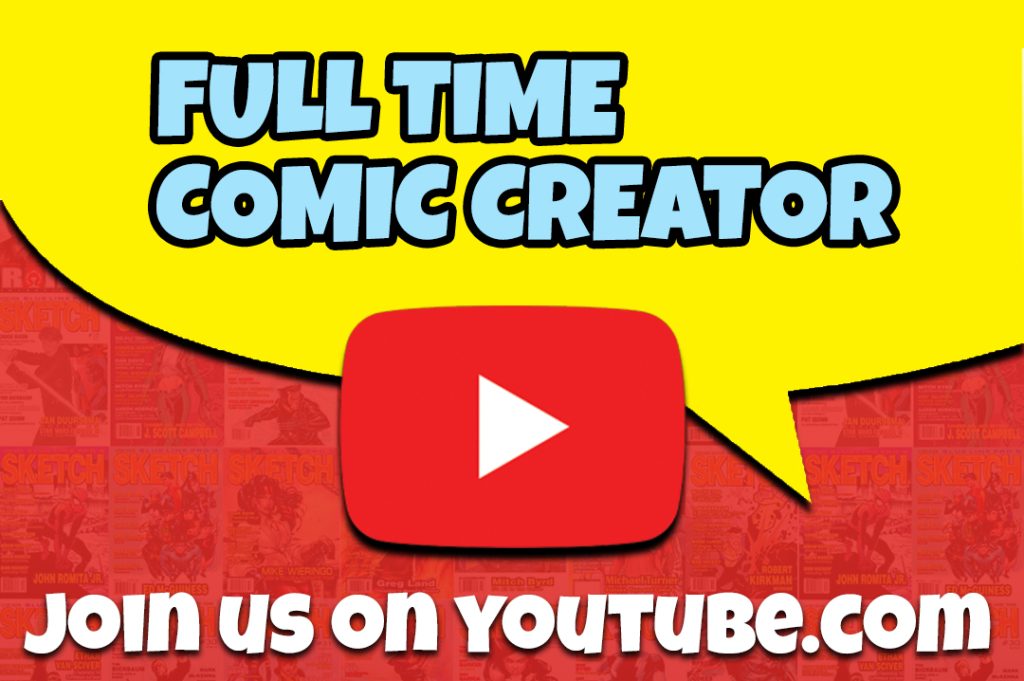You don’t have access to view this page
Content is available to Members only.
Please make sure that you are a current member and that you are logged into your account.
If you’re not a current Member please join the fastest growing Comic Book How-To Create Site Today!
Members Sign-Up Special Offer.
If you continue to experience this problem, please contact our support team at support@sketchmagazine.net.




